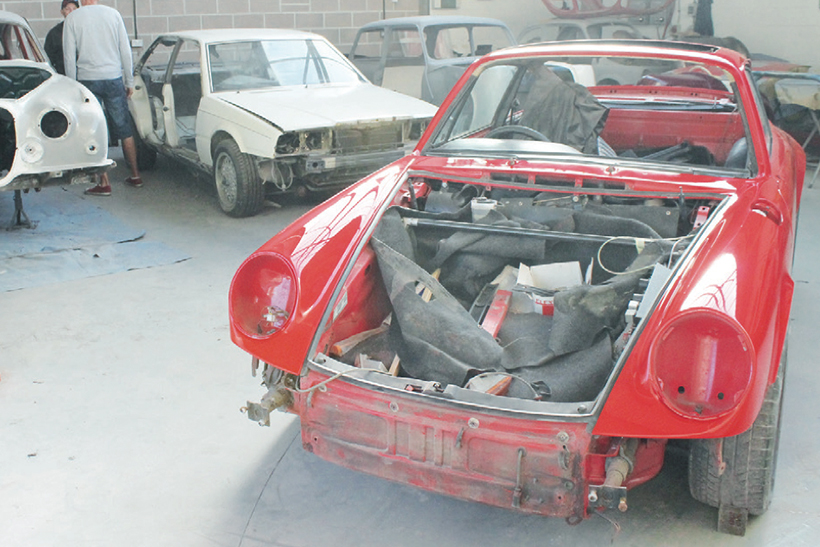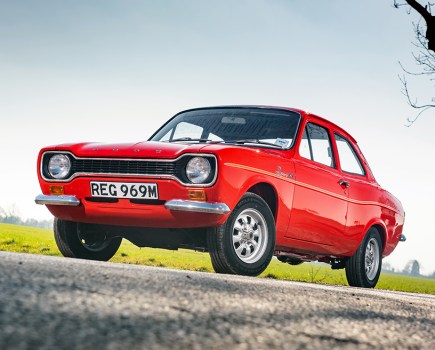When he was knocked off a ladder by a tractor in 2007, Slovenian farm worker Damijan Vnuk caused a storm in the teacup of insurance legislation. Denied compensation by a Slovenian court because the tractor was on private land, Vnuk took his case further. The tractor’s insurer, Zavarovalnica Triglav, refused to pay out because the tractor was not being used as a vehicle; when it hit Vnuk, it was reversing into the barn to unload hay bales.
After years of appeals, Vnuk’s claim reached the European Court of Justice – where it began to scrutinise European Union Motor Insurance Directive 2009/103/EC – the legislation which lays out the basis for motor insurance legislation in each member state.
The court found in Vnuk’s favour: It judgement broadened what the directive defined as a motor vehicle (‘intended for travel on land and propelled by mechanical power, but not running on rails, and any trailer, whether or not coupled’). Unchecked, the judgement would allow victims of accidents on private land an easier route to compensation. Regardless of use and amount of public access, it asserted that any ‘vehicle’, from a ride-on lawnmower to historic racer (or laid-up classic) would need third party cover at all times.
Until Article 50 is invoked by the Government, the UK remains a member state and is compelled to enact the EU Motor Insurance Directive and apply its framework to the Road Traffic Act 1988.
Statutory Off Road Notification (SORN) exempts a vehicle from insurance and MoT requirements – provided it isn’t being used in the road. If applied comprehensively, the Vnuk Judgement would force project vehicles to carry insurance even if they were dismantled and garaged away from the public highway.
“The Vnuk Judgement applied to its fullest would increase the scope for fraud massively,” rued Paul Ryan-Hubb, the Motor Insurance Bureau’s chief technical officer.
“Our main concern is enforcement; it would be very problematic to implement third party cover across private land,” he added. “If every mechanically propelled piece of machinery has to be insured, how would it be policed? Applied comprehensively the Vnuk Judgement would put premiums up massively – as insurers would have to pass the liability costs on to customers.”
The MIB took part in an impact assessment prepared by the European Commission last summer: In short, it wants the Vnuk Judgement to cover vehicles ‘in traffic’, operating in areas to which the public have access.
This might get SORN classics off the hook, but the amended judgement still causes problems for historic motorsport events.
At the moment the jury is still out on the Vnuk Judgement. In the meantime, the Department for Transport has put the matter out to public consultation. This will allow enthusiasts, clubs and professional bodies across Great Britain and Northern Ireland until Friday, March 31 to make their views on this situation known.






